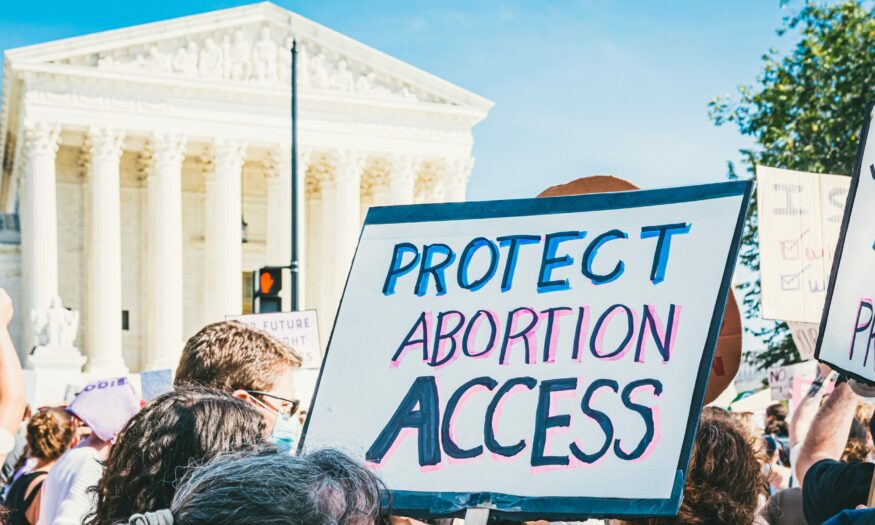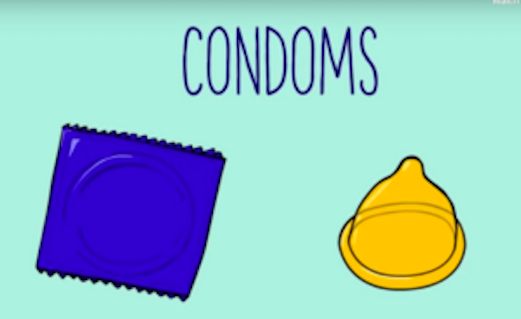Contraception & Abortion
Unless we can freely decide whether to prevent, delay, or continue a pregnancy, it is impossible for us to control our lives, to enjoy our sexuality, and to participate fully in society.
Most of us want contraceptives that are effective and safe, simple and unobtrusive to use, and protect against sexually transmitted infections — including HIV/AIDS. Unfortunately, the perfect method does not exist. But advances in birth control technology have...
Unless we can freely decide whether to prevent, delay, or continue a pregnancy, it is impossible for us to control our lives, to enjoy our sexuality, and to participate fully in society.
Most of us want contraceptives that are effective and safe, simple and unobtrusive to use, and protect against sexually transmitted infections — including HIV/AIDS. Unfortunately, the perfect method does not exist. But advances in birth control technology have created more choices than ever before, making it more likely that you can find an option that meets your individual needs.
The advent of the Pill and other birth control methods has enabled women around the world to complete their education, pursue their dreams, and create more egalitarian relationships. While there are more contraceptive options now than ever before, no birth control method is 100 percent effective. Further, access to reproductive health information and services is unevenly available, both in the United States and worldwide. In addition, gender inequality, coercion, and violence make it impossible to always be able to choose or control when we have sex.
More than half of all U.S. pregnancies are unintended. Each of us must be able to decide whether or not to continue a pregnancy, based on what we believe is best for our own unique situation. It shouldn’t have to be argued that no one should have to remain pregnant or become a mother against her will. Our ability to make these personal decisions should not be restricted by the government, religious institutions, or any other group or individual.
In recent years, abortion rights opponents in the United States have managed to legally obstruct abortion access in most states. In 2022, the Supreme Court overturned Roe v. Wade, the 1973 ruling that recognized a constitutional right to abortion. We are now dealing with the medical, political, legal, cultural, economic fallout of this massive step backwards in reproductive rights. In other countries, including Kenya, Australia, Macedonia, and especially the “Green Wave” sweeping across Latin America, feminists have been winning hard-fought abortion rights victories.
In this section, you’ll find resources about the medical aspects of contraception and abortion, and information on access and restrictions.
Access to Contraception & Abortion
-
34 items
View allEveryone who can get pregnant needs easy access to the full range of effective contraceptive options as well as the ability to terminate our pregnancies safely.
Contraceptive Methods & Types
-
16 items
View allThere are more options than just the birth control pill. Learn about the contraceptive choices available so you can choose the one that works for you.
Politics of Contraception & Abortion
-
11 items
View allIn an ideal world, everyone would be able to obtain contraceptives and abortion with relative ease. Unfortunately, we don't live in that world.

Contraception & Abortion
Abortion Decriminalization and the Struggle against Policing and Criminalization
Reproductive Justice Framework
-
18 items
View allReproductive Justice is every person's right to bodily autonomy, including the choice whether to have children or not, in safe and sustainable communities.







